Read the better formatted version of the blog post, here.
Hello everyone! Today we bring you a rather unique blog post that will discuss the vision for Seed of Andromeda and where we intend to take the game. The blog is unique because, rather than the usual format, we are going to actually see a discussion between Ben and Matthew. We want to do it in this format, as rather than just giving you the actual facts on the vision for SoA, we hope to also give you an insight into our minds and a small glimpse of our internal discussions!
Overview of Seed of Andromeda
Before we jump into the discussion, as it will be rather lengthy, a quick overview for those of you that want to get the run-down and read the actual discussion later!
Seed of Andromeda is intended to be an epic-scale sandbox RPG, allowing for a huge range of gameplay; from trading, to building communities, to exploring star systems. The game is being built to be highly moddable, allowing you to create your own worlds, design your own UI and create entirely new gameplay experiences. The freedoms allowed in playing the game and directing the storyline with your choices means that each time you play, the game offers a significantly unique experience. Chuck in the varied gameplay, the moddability, the stories you guys make yourselves, and the pure sandbox mode and you get an incredibly dynamic game with new experiences around every corner!
The game is being designed for a challenging realism gameplay experience. This means the game will offer a much more natural challenge than most games, which manipulate stats to give you an easier time. Instead, the game will be hugely customisable, with you able to control which features are enabled and how they are set up to finetune the game for you. Want a challenging game experience? Be careful of your hunger, don’t let your character sustain too much damage, or get too cold, either! If not, you can simply buff your health and remove hunger requirements!
The Discussion
So that’s the run-down of Seed of Andromeda and, if you want more detail, without further ado, the discussion:
Ben:
At its core, like many other games these days, SoA is an open world sandbox. We want to give players full flexibility in how they play the game, meaning that they can go anywhere and do anything that they want. Anything less, and we are breaking immersion. If you want to be a farmer, a bandit, a leader, whatever, you should be able to.
Matthew:
I absolutely agree. We don’t want to be limiting players in any obtuse ways. The rules of gameplay should not prohibit player decisions. If a player wants to be a ruthless killer and go on a rampage, so be it - it’s their experience, their choice. If they choose to play nice, they’ll get an altogether different experience, and such dynamism will allow for awesome stories to tell friends.
Ben:
This isn’t without its downsides of course. Allowing players free reign means they might miss important time critical story objectives or even kill story critical NPCs. We should do our best to ensure that players are aware when they make a game breaking decision, and make it difficult to do so in an immersive way.
Matthew:
Definitely, I think this plays into the customisability we are intending for the game, where each player can define their own experience of the game itself. We have to be sure to not let those who want the full story experience break that experience, and doing it in an immersive way will be a challenge, but not one we are alone in solving. Though, for those aiming for the truly sandbox experience, we will have to let each individual player make their choices, at the consequence of not having the same security as they could otherwise have. That’s the power of our sandbox direction.
Ben:
Yes, SoA will feature a high degree of customizability so that users can tailor their sandbox experience to their specific tastes. By exposing the myriad of settings and parameters to the user, we allow people to define their own experience without the use of mods. Casual players can play casually, while hardcore players can stick with the default realistic settings. Doing this allows us to appeal to a wider audience than is typically possible.
Matthew:
Our plans for the customisability of SoA are so powerful that different profiles of these settings almost constitute mods of their own! This power of control will definitely mean the game will be tailored to each player’s wants for their own experience. That said, we will have to give that power of control to servers in multiplayer, which could make for a challenge in terms of range of experience in that part of the game.
Ben:
Though, I think that is definitely something that users will come to expect when they read the description of the server. Users should be able to categorize servers based on the settings profiles. Servers will be able to pick from the default profiles, such as “Casual”, “Realistic”, and “Hardcore Realistic”, or provide their own customization, then users can simply sort servers by degree of difficulty or some other measure.
Matthew:
The game will also offer a rich RPG experience, the flexibility drawn from the sandbox aspect of the game and expansive progression systems should allow for a fun experience for players role-playing as whatever they wish. The character progression system being the most core to an RPG experience, this is something we could discuss all on its own, but its core intention is to offer a realistic and fluid progression experience. If you want to be a master swordsman, then use a sword! A master engineer? Invent things, then use those inventions however you will!
Ben:
As in everything, we want the RPG experience to be immersive, meaning it should feel realistic. Skill progression will obviously need to be faster than in the real world, but we can attribute that to the high intelligence and natural ability of humans in the future, thanks to genetic engineering and a society that embraces education. Reaching the higher skill levels with a sword will not mean that you will do 100x more damage than a beginner level player. Other things, such as strength and blade weight and length will factor more into raw damage. Instead, skill with a sword will increase your block and attack speed and accuracy, give slight damage boosts, and possibly unlock new attacks and combos. In SoA, we want a low level player to be able to overcome a high level player, just like in real life. If you took a 16 year old boy with a shotgun and put him up against an unarmed heavyweight MMA fighter, the boy would probably win.
Matthew:
Absolutely, shame for that boy MMA tournaments usually disallow that sort of thing… Seed of Andromeda won’t, though! The abilities, be those specific moves or combos, are an area where we can take another step towards realism; in a lot of tabletop RPGs, one can attempt whatever you like, just with a ridiculously small chance of success if you aren't capable. We can emulate this with all abilities and combos being “available”, but with 0% effective chance of success until they level up and these success chances then begin to increase. Outside of player progression, however, we also have progression systems for other areas of the game, one of those being that there will be other survivors of the crash landing who the player can work with (or not!) and can develop themselves and their surroundings.
Ben:
Exactly, we are planning on having macro and micro simulation of NPCs and settlements.
When you are in a town, NPCs will be simulated on the micro scale. Fulfilling their needs and performing their jobs in real time. For this, a lot of inspiration is being drawn from new city builders like Stonehearth or Timber and Stone. We obviously can’t simulate an entire planet this way, but we can use a level of detail system for the simulation, just like we use for graphics. When the player is not local to a town, the town will be simulated on the less detailed macro scale. Meaning, rather than individually moving NPCs around and having them build things block by block, we simply have a time requirement for each job, and then mark jobs as completed after a certain period. We only need to calculate the changes to the world once the player comes into view of the city again, so with this plus multi-threaded computation we should be able to simulate many cities simultaneously, with varying levels of detail. Keep in mind that this is a feature for the far future, as it is a large undertaking that requires numerous other systems to be in place first.
Matthew:
Yeah, this is definitely a far off thing, but the progression it will provide in the game world will make it feel so much more alive and something the player is a part of. Especially when they’re actions or decisions govern how a part of that world progresses!
Another part of the progression in SoA will be in developing technology, this will be an integral part of the game, with the player and NPCs being able to develop new technologies and invent accompanying devices. We will have a full technology tree that follows the technologies of humanity from the early bronze age, through to modern day, and then branch off beyond that to entirely new futuristic technologies - where possible with some scientific basis. We will have players with effectively sticks and stones working up to rebuild humanity on Aldrin and get back out into space. That said, again in the spirit of the sandbox nature of SoA, we want each stage of this progression to be fully self-sustainable; meaning that players who choose to, can remain simple farmers all their game time - even on the same server as someone who is exploring the rest of the Trinity star system! This sort of freedom could lead to an almost Firefly-esque environment, where different groups are at different stages, still interacting and trading with one another.
Ben:
Of course, since the humans landing on Aldrin already had high tier technology, you will be able to quickly find and research technologies by searching through the wreckage of the fleet or bartering with NPCs. Though, simply knowing a schematic doesn't mean you have the skill to craft it. Instead, you may have to barter with NPCs or players who have the needed skills. When the player starts out, he will likely have full access to “bronze age” technologies in crafting, as well as some higher tier technologies depending on what his profession is. A player who is starting out as a computer engineer will already know crafting schematics for building computers, but he probably won’t have the schematics, skills or tools required to build a .50 caliber sniper rifle with thermal sights. A player who is a mechanical engineer will probably know how to build most machines in many technology tiers, but would be lacking in other areas. It’s impossible to perfectly balance this without breaking immersion of course, but immersion and realism is more important than perfect balance in my opinion.
Matthew:
Balancing will be a highly iterative thing, it will be impossible for us to be sure how well balanced things are in any accurate way till we let our community get their hands on the gameplay! There will be compromises on that balancing in the end too, for the sake of the overall experience, as you said.
Speaking of balancing stats, Seed of Andromeda is going to offer players a challenging experience but it won’t just be through modifying stats like health, damage or armour, but rather through an emphasis on realism. Of course, as you mentioned before, casual players don’t have to take up that offer, and lower the difficulty, but even then it isn't a case of just nerfing stats. This emphasis on realism will see hunger, thirst, temperature, even encumbrance becoming aspects affecting the character that a player will have to care for and keep an eye on. Though it will also come from a focus on making a truly challenging environment.
The world’s within Seed of Andromeda are not meant to be fairy tale locations. In fact, there’s one thing we’re doing that isn't often seen in many games, and that is making a game where not just the inhabitants are out to get you, but the environment itself is too! There will be exotic hostile flora that attack the player if they get too close. At night, wolf-like predators will circle their targets before pouncing when the time is right. Trying to trek through a desert unprepared will see the player die of thirst in short order.
As for the character needs, there will be a challenge in how we provide cues for these issues that do not break immersion, but a combination of effects on character sight/ability to do certain actions and the PDA should allow for us to keep the player aware without breaking that critical aspect of the game. We can link these aspects in very well with other systems in the game such as heat sources, drinkable water collection and clothing. Beyond that, the damage system in Seed of Andromeda will make for brutal combat at the harder difficulties, with realistic damage modelling and responses.
Ben:
Yeah, I can’t play an RPG these days without getting annoyed at the lack of realism in combat. I know that it’s usually because simple combat mechanics work well for a general audience, but we should do better.
Since all of our creatures and humans will be volumetrically modelled with voxels, we can simulate a semi-realistic damage model for them by defining their internal organs and bone structure. That way, we can apply certain effects based on what is damaged during combat, not to mention it feels real when a sword literally slices a gash into something, which happens in pretty much no RPGs these days. Because of the realistic damage model, players will have to take care in how they armor themselves. Armor will no longer just be a health or defense boost, it will be physically simulated. An open face helmet will have vulnerability at the face, and thicker armor will naturally provide more protection, which is a good reason why I want to have custom crafting in the game as well, so that a player who is role-playing a blacksmith can literally craft unique weapons and armor and sell them to other players or NPCs. This system is going to be difficult to implement, but it is entirely feasible and we will be able to accomplish it given the time.
Matthew:
Yeah, crafting will be an area we can really improve on existing games with. Introducing mini-game experiences for crafting so that player skill plays a role in it would make for a real opportunity for players to properly role-play their preferred crafts/professions. This ability for players to be able to do this lends itself really well for our plans for cooperative gameplay.
Seed of Andromeda will offer a cooperative experience that allows players to band with friends (real or NPC) to play the game. This cooperative aspect to SoA is essential to the experience we want players to get out of SoA. It will extend itself to cooperative multiplayer and is a combination of two things. Firstly, the player’s interactions with a settlement’s inhabiting NPCs. This will be emergent cooperation in which the player and NPCs trade and do jobs for one another that improve their situation in some way. Though, the player will have the opportunity to assume greater control over the development of settlements they take an interest in - further enhancing the symbiotic relationship of player and NPCs. This control will see the player able to oversee the tasks carried out by NPCs of the settlement and act as a communication link between that settlement and other settlements - where a reputation system will bring a sense of responsibility for the settlement to the player.
Ben:
To further this, we are planning on implementing a party system, which will allow players to travel with each other or with NPCs. Party size limits will likely be huge, depending only on the number of models that we can render and simulate in the scene at any given time. So with this, you could recruit a group of 12 NPCs or players and attack an enemy settlement or complete quests. Party management can be difficult however, as you will need to balance the needs and personalities of the members of your party. If a party member is particularly evil, other, more righteous party members may take offense to his presence, possibly even resulting in them leaving or fighting that party member. This kind of attention to detail is absolutely necessary for the immersive experience that we have been talking about, and is something most RPGs fail at.
Matthew:
Getting this immersive experience from inter/intra party relations will be a real challenge. It is absolutely true most RPGs fail at it, and for good reason. We will have to be especially careful. One aspect that will prove the largest challenge is how to display these feelings of party members towards one another and towards anyone they may interact with outside the group, due to the amount of dialogue it could require for spoken interactions.
On another note, Seed of Andromeda will have a hand-written story...-web for the player to experience, be it in singleplayer or cooperative play. I call it a story-web as storyline doesn't do justice for the branching, decision-driven nature of the story we have so far planned out. This will be the opportunity for players to truly explore the game’s backstory and experience a story arc that really exploits the ability for player choices to have far reaching consequences. The decision-driven nature of the story arc, and the open-ended nature of how it can come to a close will mean each time you have a playthrough of it, you’ll end up with an entirely new story to tell your friends.
Ben:
The immensity of the epic story that we have planned will take many man hours of writing and scripting it order to complete. Luckily, we have a dedicated community which can contribute to scripting the storyline. The major arcs will likely be overseen by us, but some of the smaller arcs or NPC conversations could be written by the community, and then later edited by us. This will be possible thanks to the core architecture of the game.
We are designing the game from the ground up with modding as an utmost priority. Most aspects of the game will be exposed using LUA scripts and data files, and users will be able to create mod pack files that can easily be dropped into any game. In addition, all assets and shaders are fully exposed, and our texture pack system is very powerful, allowing easy creation of graphical overhaul mods with support for connected textures, normal mapping, and the like. More performance intensive aspects of the game will still be written in C++, but will have hooks exposed to LUA so that users can use these fast C++ methods in their mods. We will have a section on the forums for hook requests, where modders can request an aspect of the game to be exposed to modding.
Matthew:
Not only that, but our own gameplay, even UI, will be implemented using LUA where performance allows, meaning any modder can see what we've done to adapt or add their own content.
We are also creating editors for use in creating assets from individual blocks and flora/fauna models all the way up to biomes and planets, these will allow players to really show off their creative side when making modifications to the game. Remember the old version of the tree editor we had? Youtube.com. It’s a shame we had to scrap that editor in the massive rewrite. With these tools we could see entirely new community-made story arcs and environments.
Our modding focus is not just on the mod creators, but also on the experience of adding these mods to the game. We will provide tools for adding mods in a stress free way; I've had too many bad experiences modding my games in the past, even so-called mod-friendly games! The mod management tool would offer players control over their mod load order, with an auto-adjusting tool that looks at the soft and hard dependencies of mods, providing error notifications on conflicts or missing dependencies. Mods that are installed can be enabled or disabled. Best of all, these settings will be able to be instanced in profiles, allowing different modded playthroughs simultaneously!
Ben:
The modding potential is nearly limitless thanks to the technologies in SoA and our in-house game engine, Vorb. Seed of Andromeda isn't just intended to push the boundaries of gameplay and modding experience, but it also pushes the boundaries of what is possible in gaming. We already have highly-optimized cellular automata physics which allows for interesting large scale physics simulations, a large draw distance thanks to level of detail techniques, a powerful texture system providing a range of flexibilities to texture artists, and most importantly, a new technique for spherical voxel worlds which allows for true orbital mechanics and highly realistic space-flight experiences. These technologies are only the beginning, and the game will only continue to impress as we add in procedural animation, voxel model damage, colony generation, and more.
Matthew:
The technologies we have in the game already are rather impressive. I remember first seeing the game in its bare-bones state when you were showing off the draw distance, and later the water simulation. These always get me incredibly excited whenever I step into the game, and I can’t wait till we get gameplay in and get the game out, in a more complete sense, to the community and see how they enjoy it!
Ben:
That just about wraps up the general overview of our vision. As features get developed, we will post blogs going into more detail about the implementation and progress, and will continue to be as transparent as possible. This isn't the kind of game that gets completed quickly. Luckily, the community will be able to download and play each version of the game as it gets further developed, so that they can help to find bugs, suggest new features, or even create mods and scripts that could be incorporated into the main game. Hopefully with a successful Kickstarter, that we're aiming for the end of the year, we can afford to hire some new developers! Or at least provide the current developers with food… Successful Kickstarter or not, we will develop this game until it’s finished, no matter how long that takes.
A Note From Ben
The scope of our vision is huge. Traditionally, game studios strive to narrow their scope so that they can deliver a complete product quickly and then move on to the next game. However, we are not going to compromise this vision. If Tarn Adams can create Dwarf Fortress with the help of his brother, Regrowth studios can create Seed of Andromeda with the help of all of you. We are not bound by budget or time constraints, and we will continue to develop this game until it’s finished, expending all the blood, sweat, and tears that it requires, whether we sell a million copies, or none. We hope you will continue to support us during this exciting endeavor, to create the ultimate large scale sandbox RPG game that we have always dreamed of.
Wrapping Up
So that wraps it up. The vision for SoA has been laid out before you all, and hopefully it was an interesting read! Let us know what you think in the comments or on the forums!

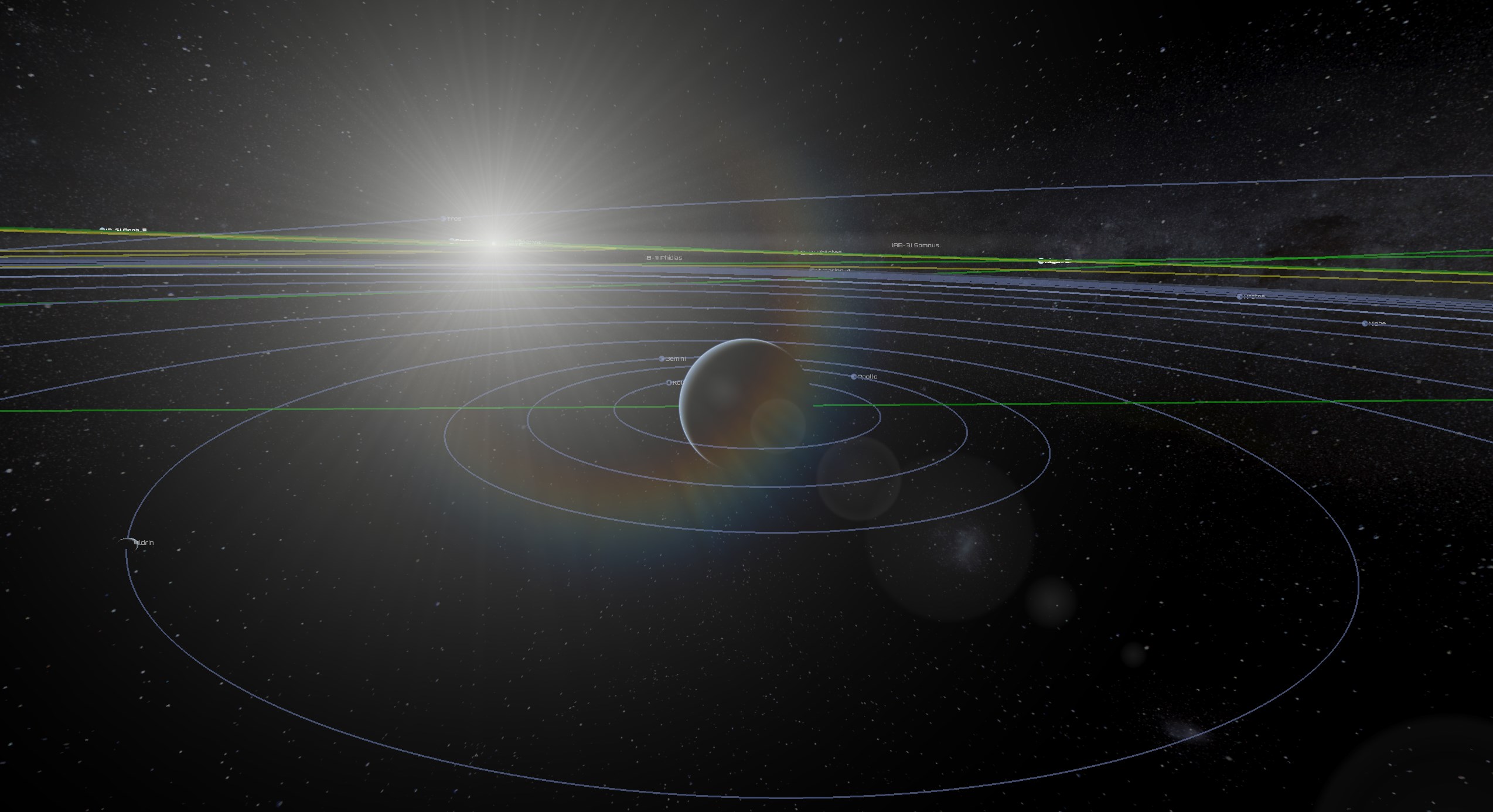
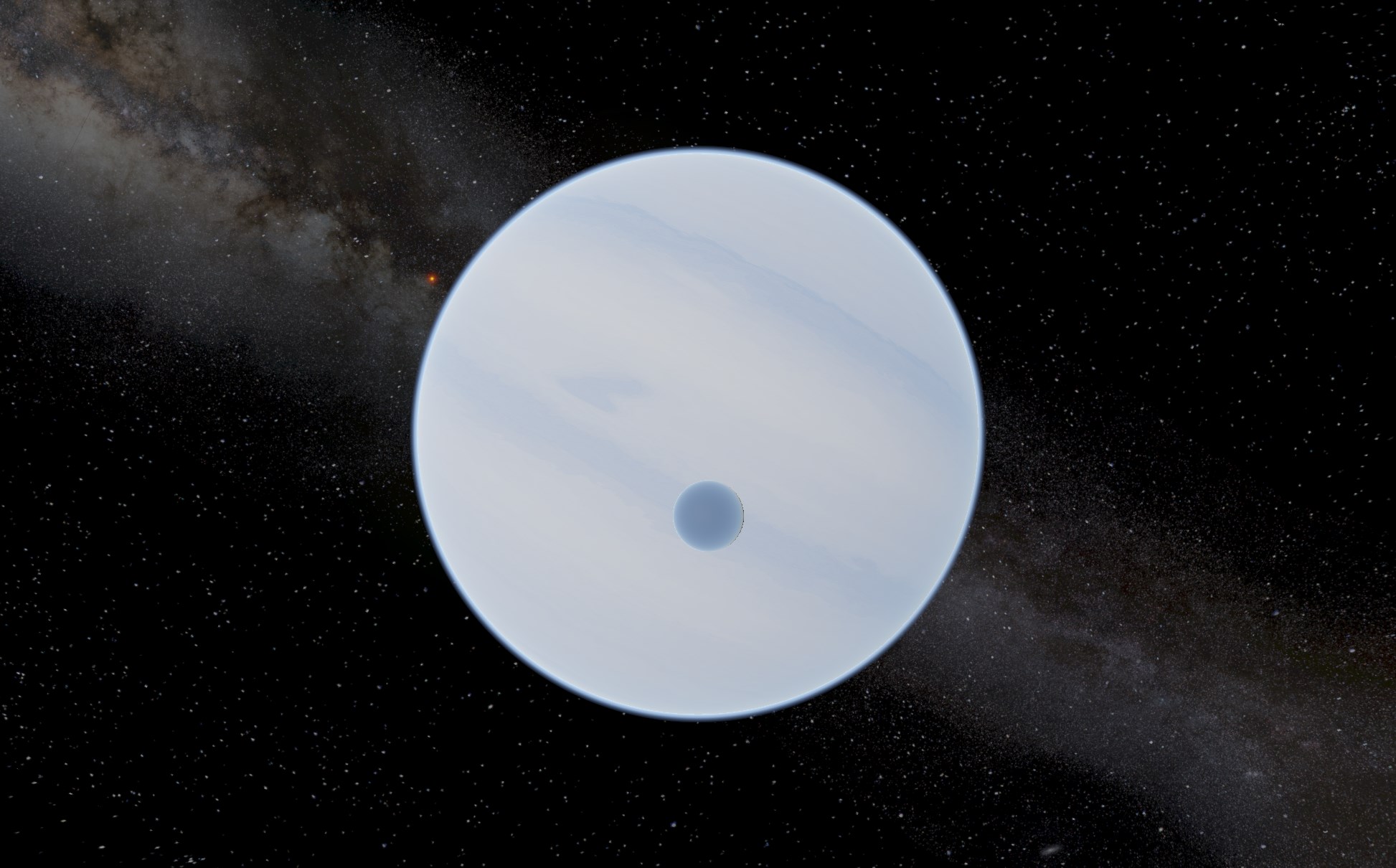
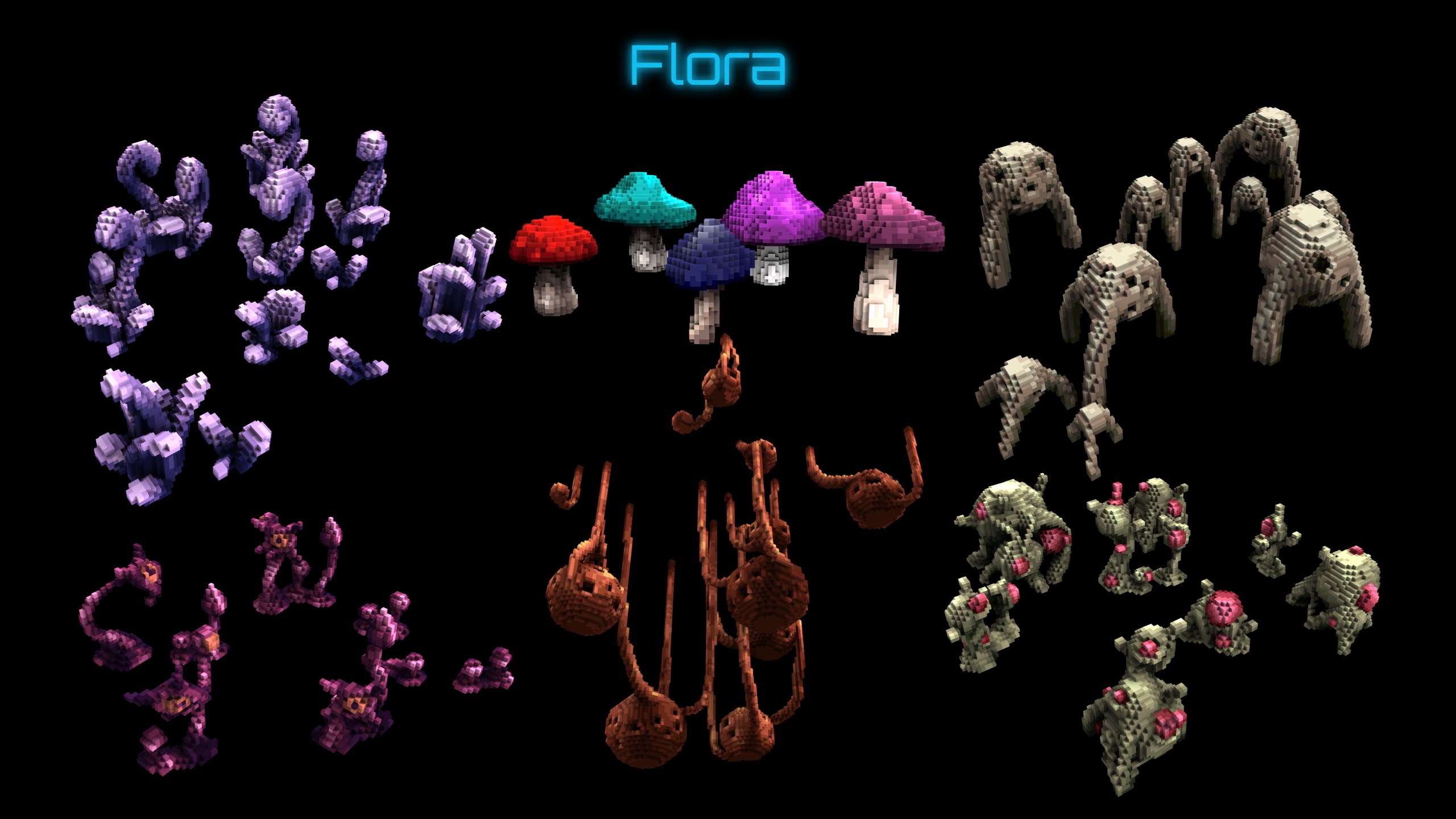
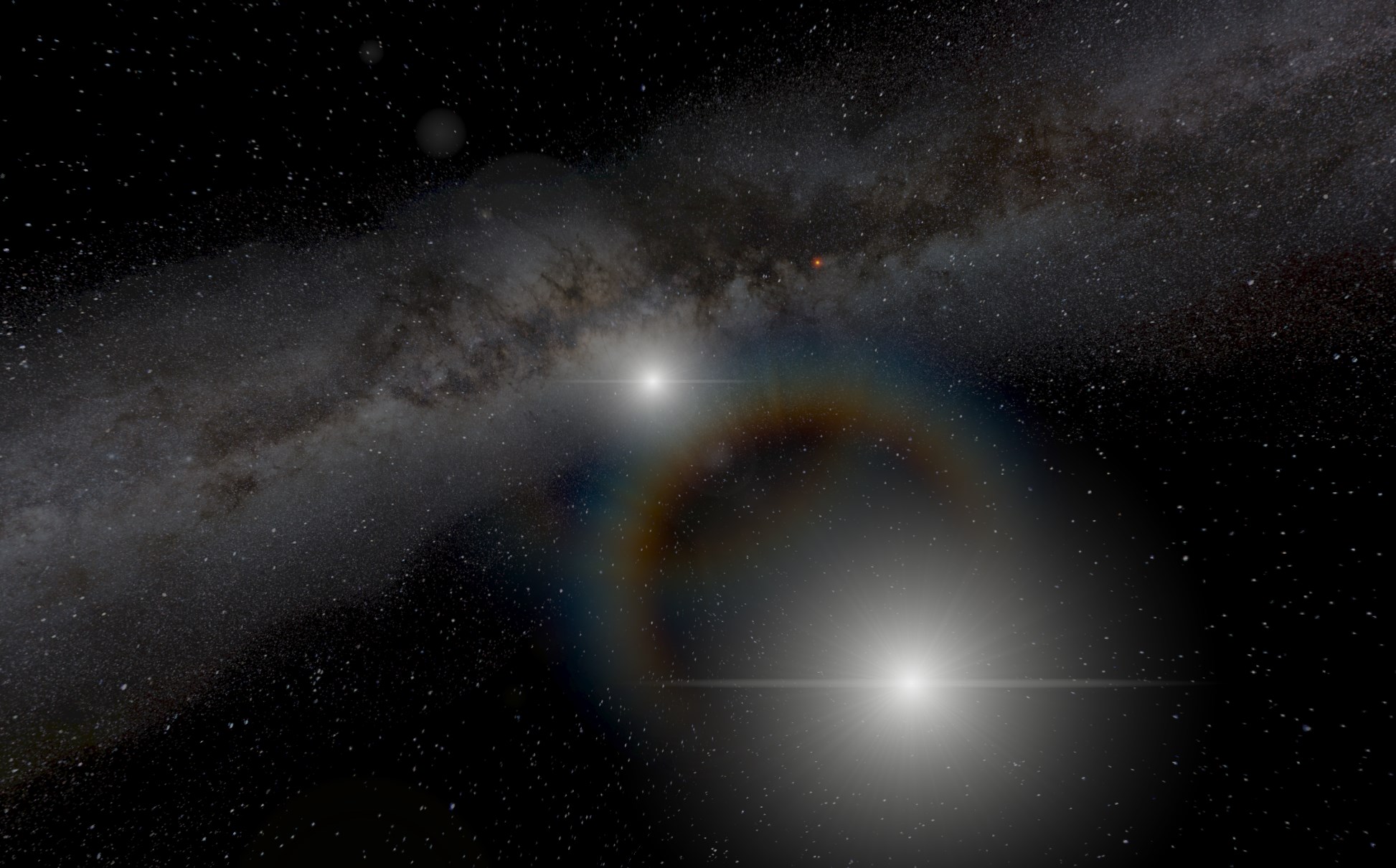
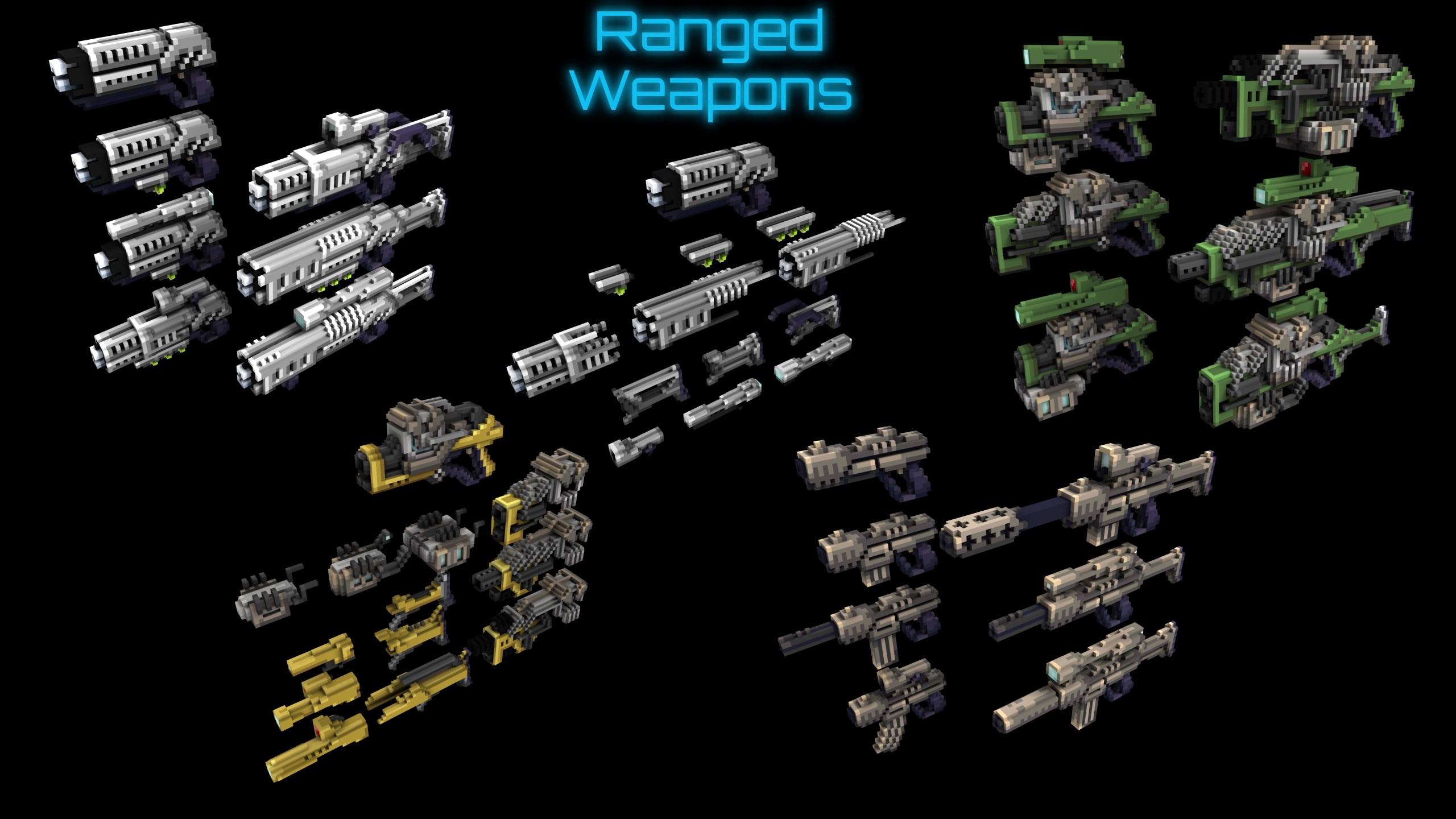
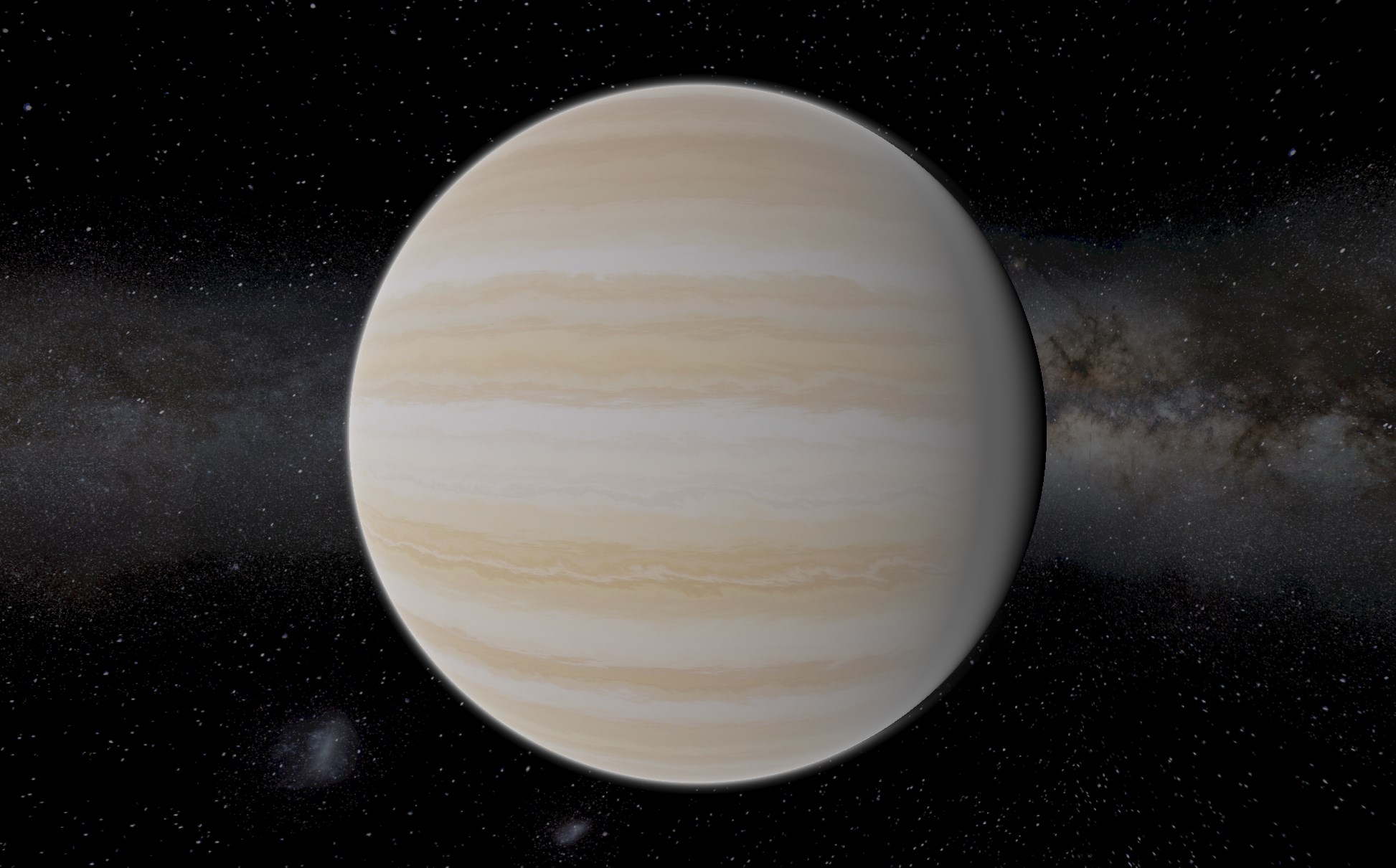
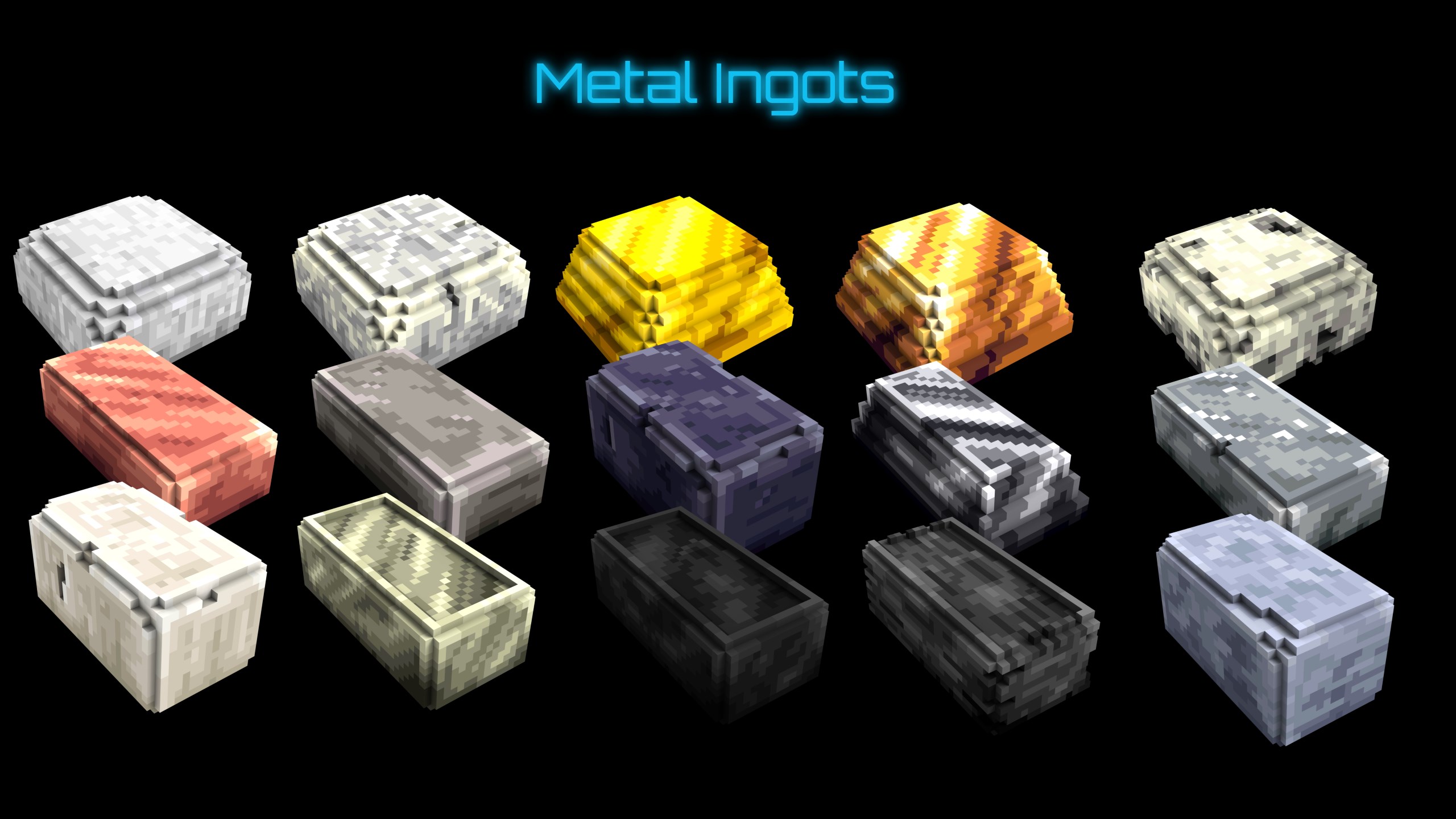
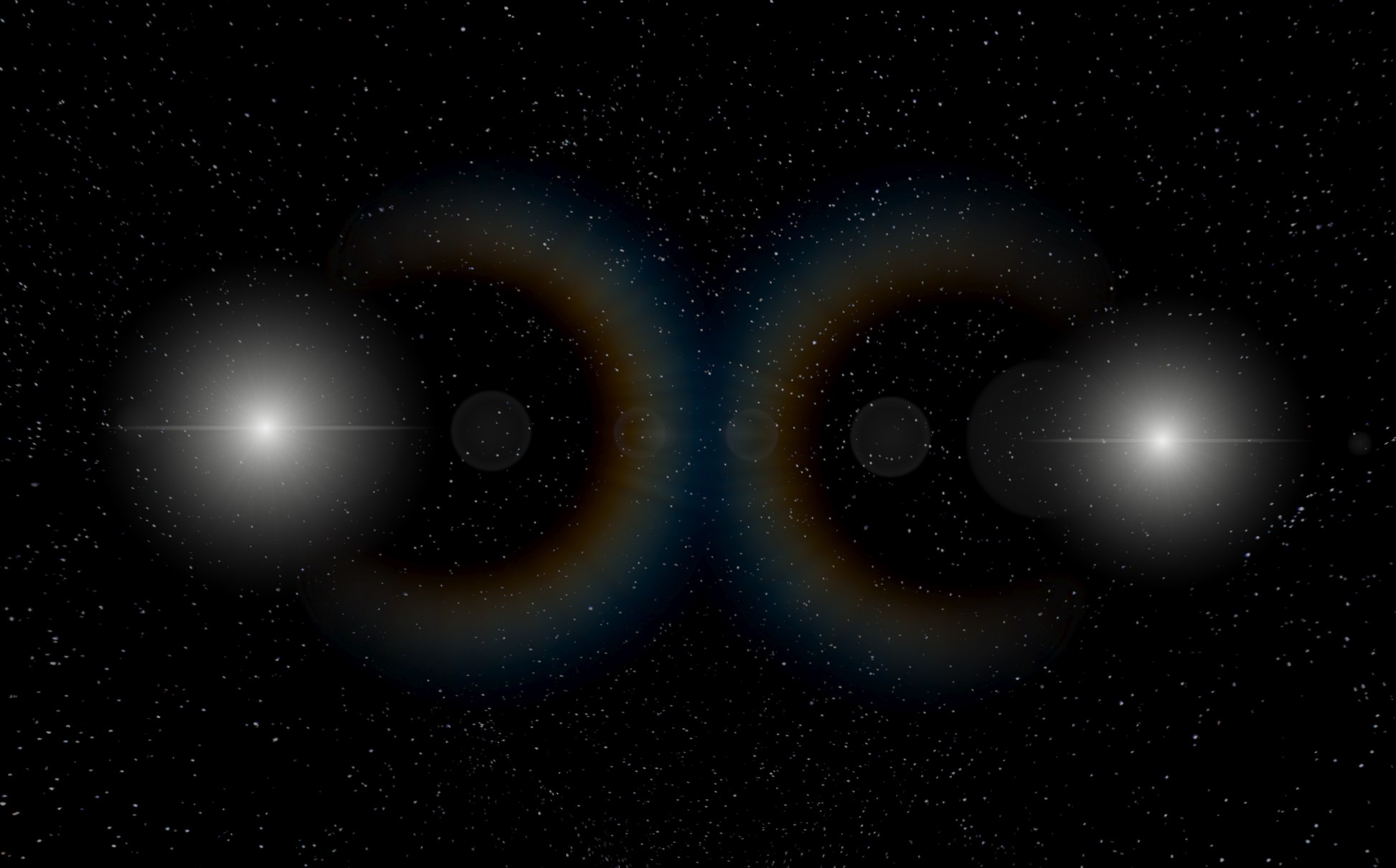
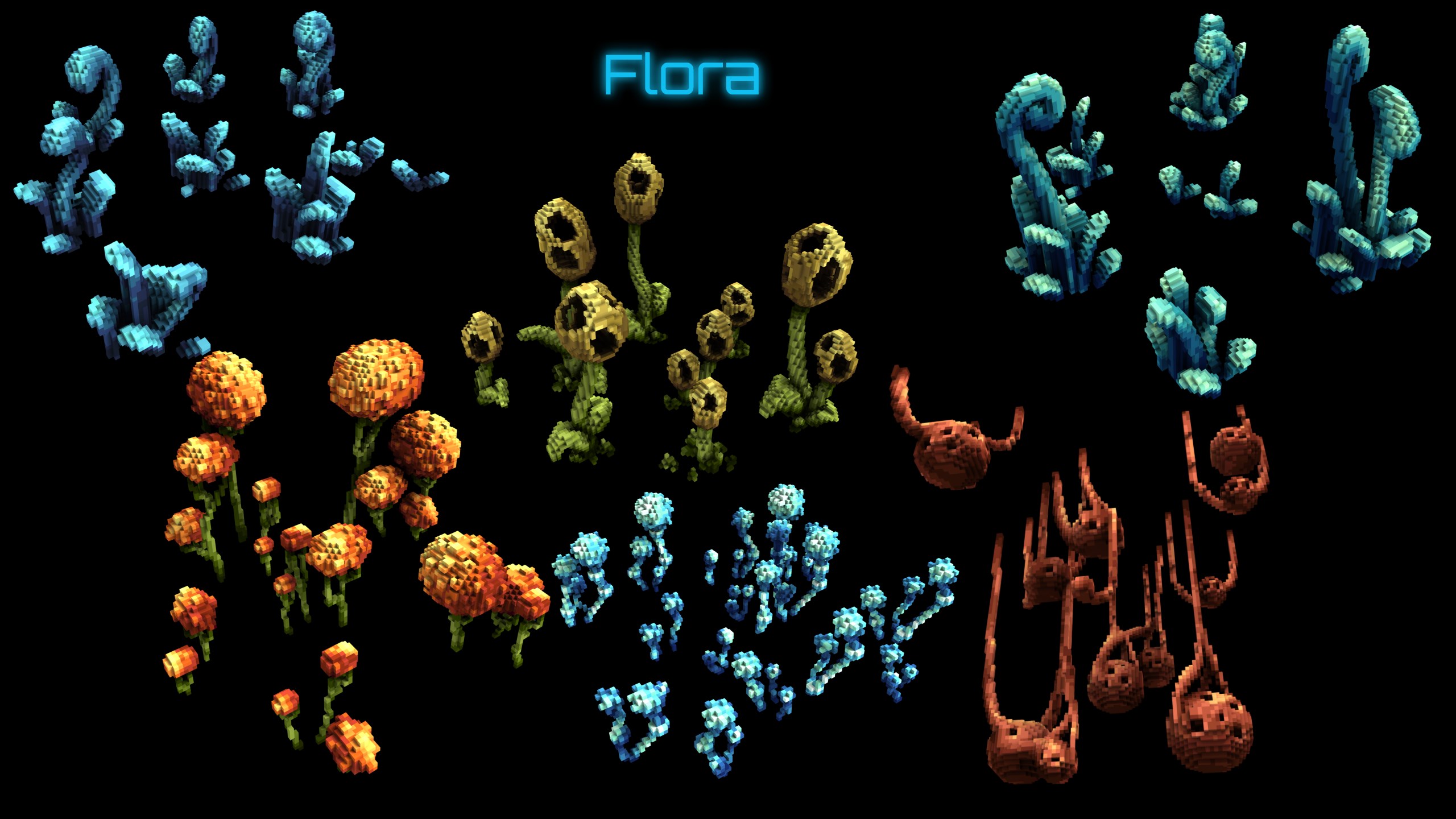
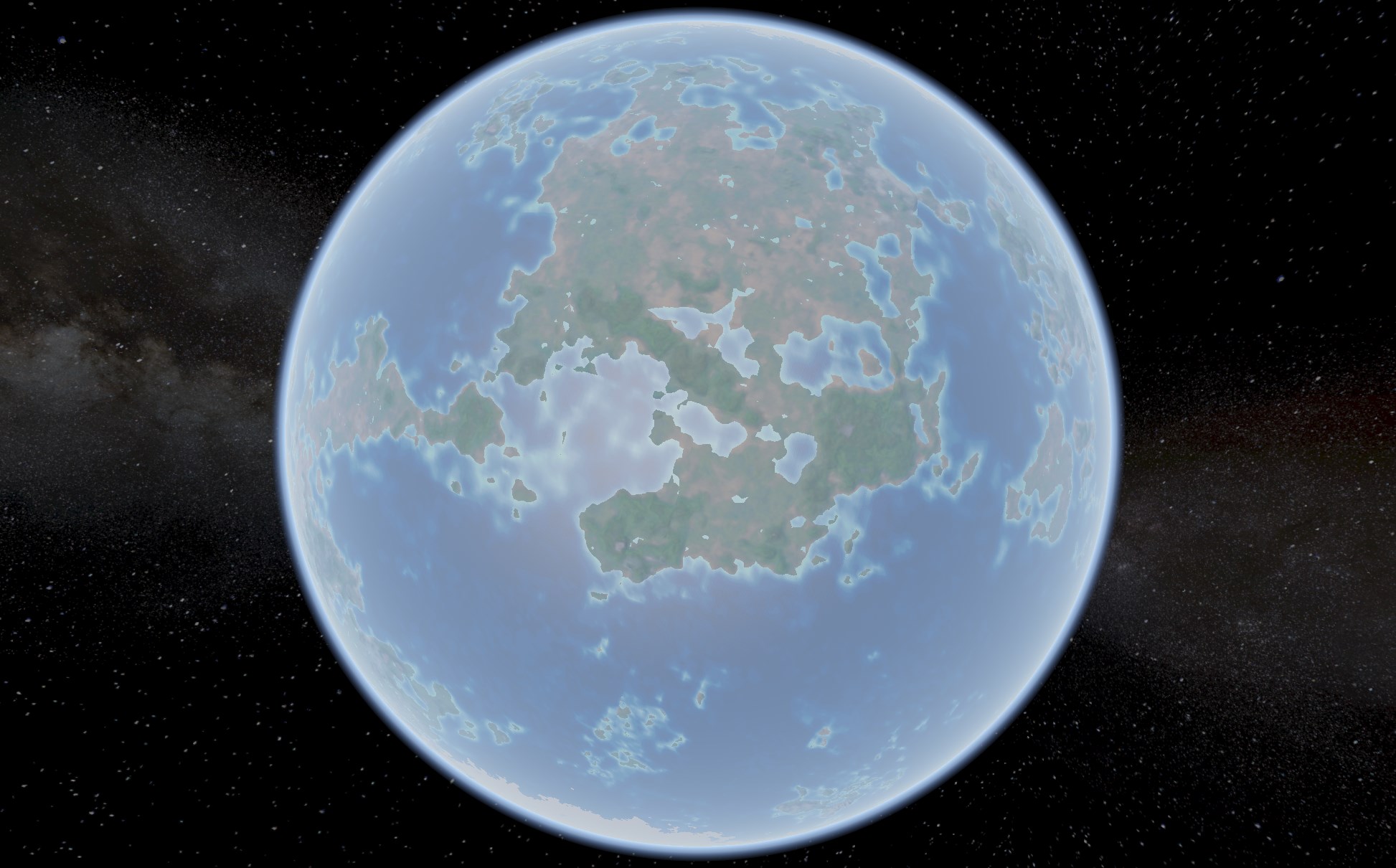




All I can really say is...
This is going to be freaking awesome.
we will just imagine all the ships people will create, and you guys, all the money it will generate XD
Modding support good move chaps!